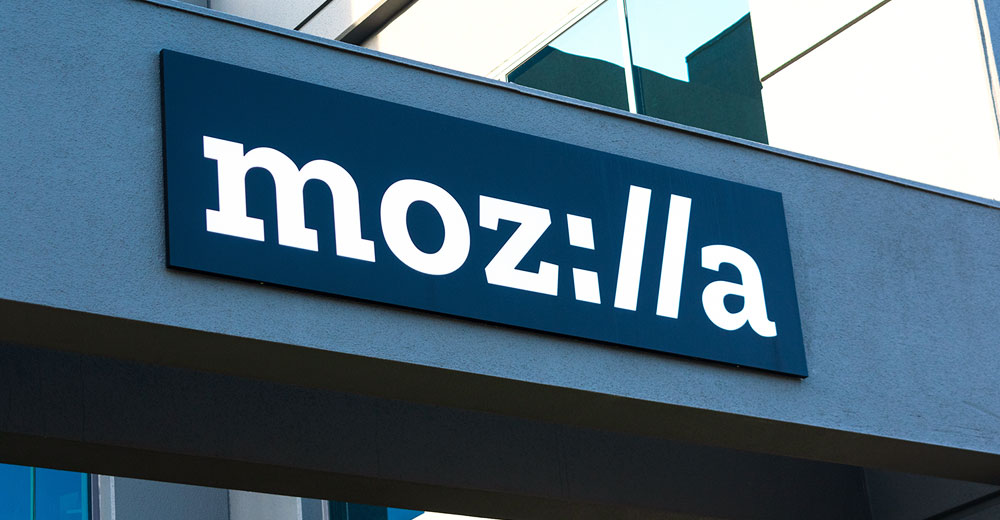Mozilla believes the high-tech industry has lost its soul by putting profits ahead of people and is going to try and do something about it. It has announced Mozilla Ventures, a US$35 million venture capital fund to finance early-stage startups producing products and technologies that advance values such as privacy, inclusion, transparency, and human dignity.
“Many people say the tech industry has lost its soul. Some even say it’s impossible to make it better. My response: We won’t know unless we try, together,” Mozilla Executive Director Mark Surman said in a blog post.
“Mozilla Ventures is about fueling companies and products that put people before profits,” he continued. “And it’s about fueling enough of these companies and products that we can ultimately push the internet in a better direction.”
According to Mozilla, its venture arm will initially invest in companies that protect privacy, decentralize digital power, build more trustworthy AI, and have big potential for commercial success. Companies receiving initial investments from the venture fund include:
- Secure AI Labs (SAIL), which uses advanced security and AI technology to keep patient data secure and advance medical collaboration. It aims to advance bioinformatics research and innovation with a platform that allows faster, more secure access to data.
- Block Party, a social media safety app designed for the realities of online harassment. It allows individuals who experience regular harassment to safely engage in public conversation on social media by setting their own content boundaries.
- Heylogin, a ‘swipe-to-login’ password management solution designed for businesses. Primarily aimed at SMEs, the app charges per user and allows businesses to manage shared passwords and individual accounts.
Is Rome Burning?
While Mozilla cites some lofty goals for its new venture, how it meets those goals may need closer scrutiny, maintained Mark N. Vena, president and principal analyst with SmartTech Research in San Jose, Calif.
“Laudable as this endeavor might be at a high level, I’m always skeptical around initiatives like this to fund ‘responsible’ startups, as the individuals who define what ‘responsible’ mean can have an agenda or not be genuinely objective,” Vena told TechNewsWorld.
“The reporting that I’ve seen doesn’t share many details about what the process is and who specifically will be part of the selection process,” he continued, “but I’m concerned that this will be very much agenda-driven given the ‘responsible’ requirement as that term is vague and means different things to different individuals.”
“I think the comment that the ‘tech industry has lost its soul’ is a bit of an overstatement,” he added.
“Certainly, there are egregious behaviors at social media and some select tech companies, but I’m not sure over-the-top statements like this help the situation and come across to many individuals in a non-helpful ‘Rome is burning’ manner.”
A Question for Insiders
Has the tech industry lost its soul? “The cynic in me wants to answer, ‘What soul?’ but the realist says that while the soul of the industry may not be lost, the soul of today’s users and what they expect from their experiences needs to be seriously recaptured,” observed Liz Miller, vice president and a principal analyst at Constellation Research, a technology research and advisory firm in Cupertino, Calif.
“For Mozilla, from the start, their soul has been intertwined with privacy, identity, and the ethical use of technology from equitable access to balanced opportunities,” Miller told TechNewsWorld. “Their posture has always been that the small player deserves just as large of a stake in digital opportunity as anyone else.”
“So from that vantage point,” she continued, “the soul of personal sovereignty and respected identity could very well be seen as being lost.”
Has the tech industry lost its soul is one of those questions that inside observers think about, added Ross Rubin, principal analyst at Reticle Research, a consumer technology advisory firm in New York City.
“Most consumers focus on utility and whether something does something better than something else,” he told TechNewsWorld.
“TikTok became wildly popular because it was a more engrossing entertainment experience than Instagram,” he explained. “On the other hand, Firefox has a superior privacy protection message versus its competitors, but that hasn’t been enough to overcome the pre-bundling of its competitors.”
Too Little, Too Late?
In the past, the open-source community focused on what it felt was suitable and left alone those mining online customers for information and money. “But that has changed,” observed Rob Enderle, president and principal analyst at the Enderle Group, an advisory services firm in Bend, Ore.
“Mozilla is using its limited funds to help drive a counter-revolution,” Enderle told TechNewsWorld. “I expect it is both too little and too late.”
“Thirty-five million dollars isn’t very much money,” he said, “and if they spread it thinly, as they are likely to, it may just become a waste of money.”
“Mozilla isn’t set up to be a VC,” he contended. “The organization lacks the business fundamentals skill set that makes good VCs successful.”
He added that Mozilla isn’t alone in focusing on online privacy concerns.
“The PC and consumer companies, including Apple and Samsung, have been successfully focusing on those messages for some time, as have some social media alternatives,” Enderle said.
“The hardware companies have had some success, but the paid social media company efforts have not had as much success,” he continued. “People seem to like free better than private.”
Imagining a Better Net
To head up its venture operation, Mozilla has named Mohamed Nanabhay, who has held leadership positions at Al Jazeera and the Media Development Investment Fund.
“Many of us can’t imagine life without the internet. But are we willing to imagine life with a better internet for us all?” Nanabhay asked in a statement.
“That’s why we’re starting Mozilla Ventures — to create an ecosystem of entrepreneurs from across the world who are building companies that create a better internet,” he continued.
“We want to support founders who are working on the many challenges we face online — from misinformation to censorship, security to privacy, and the ability to harm instantaneously and at scale,” he added. “These issues are too important to leave to any one institution to solve.”
Mozilla Ventures is slated to launch officially in early 2023.

























































